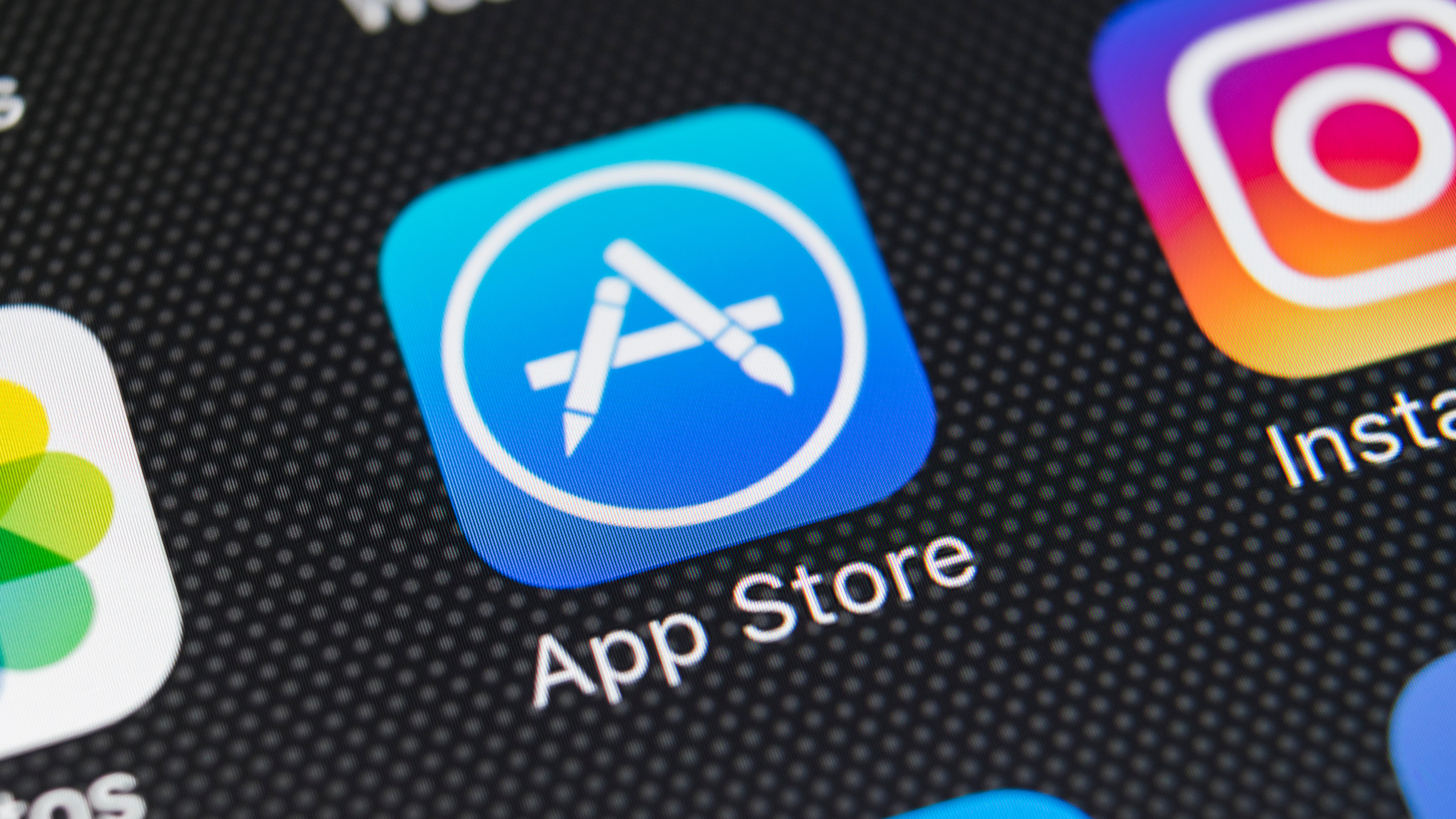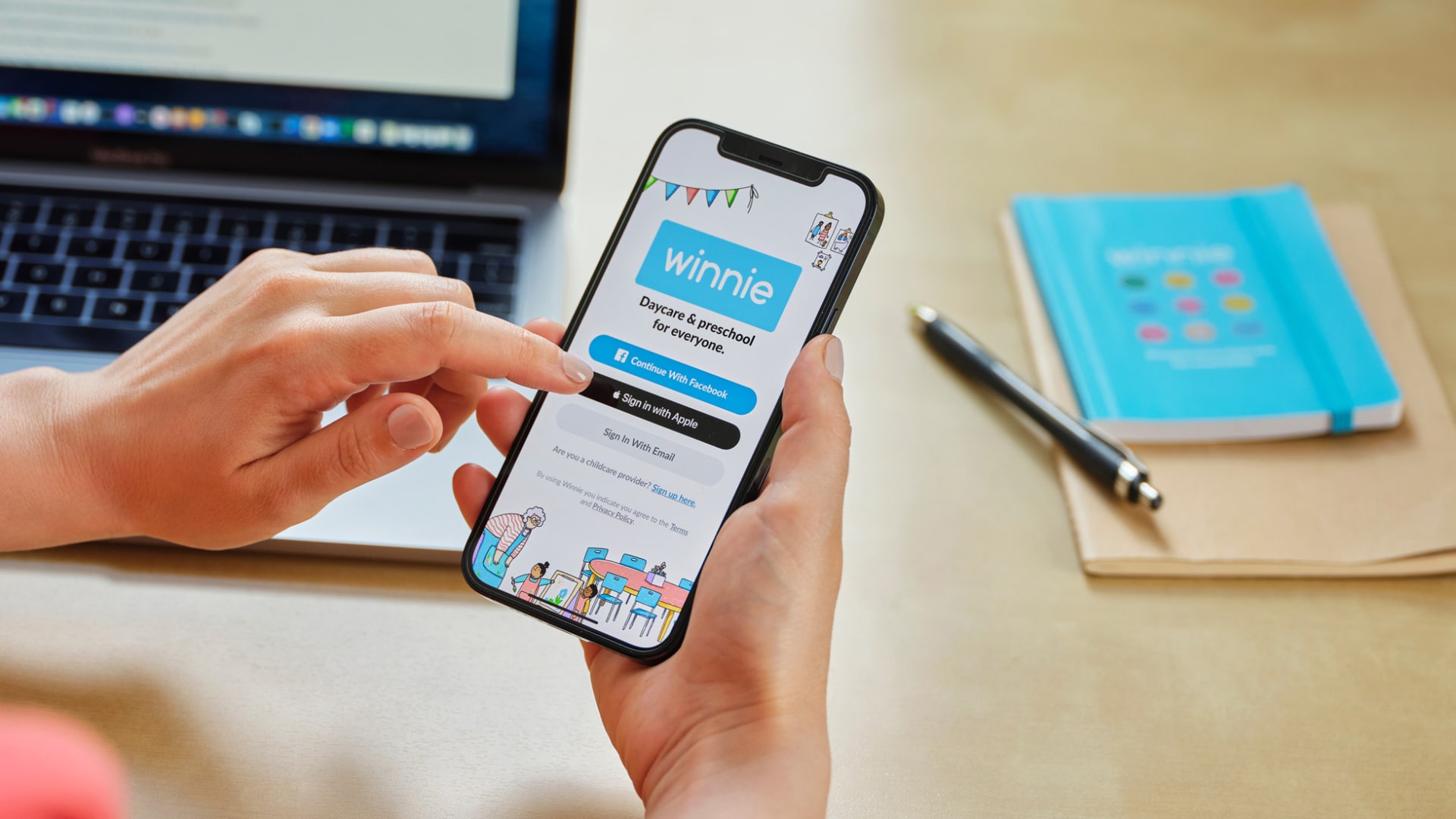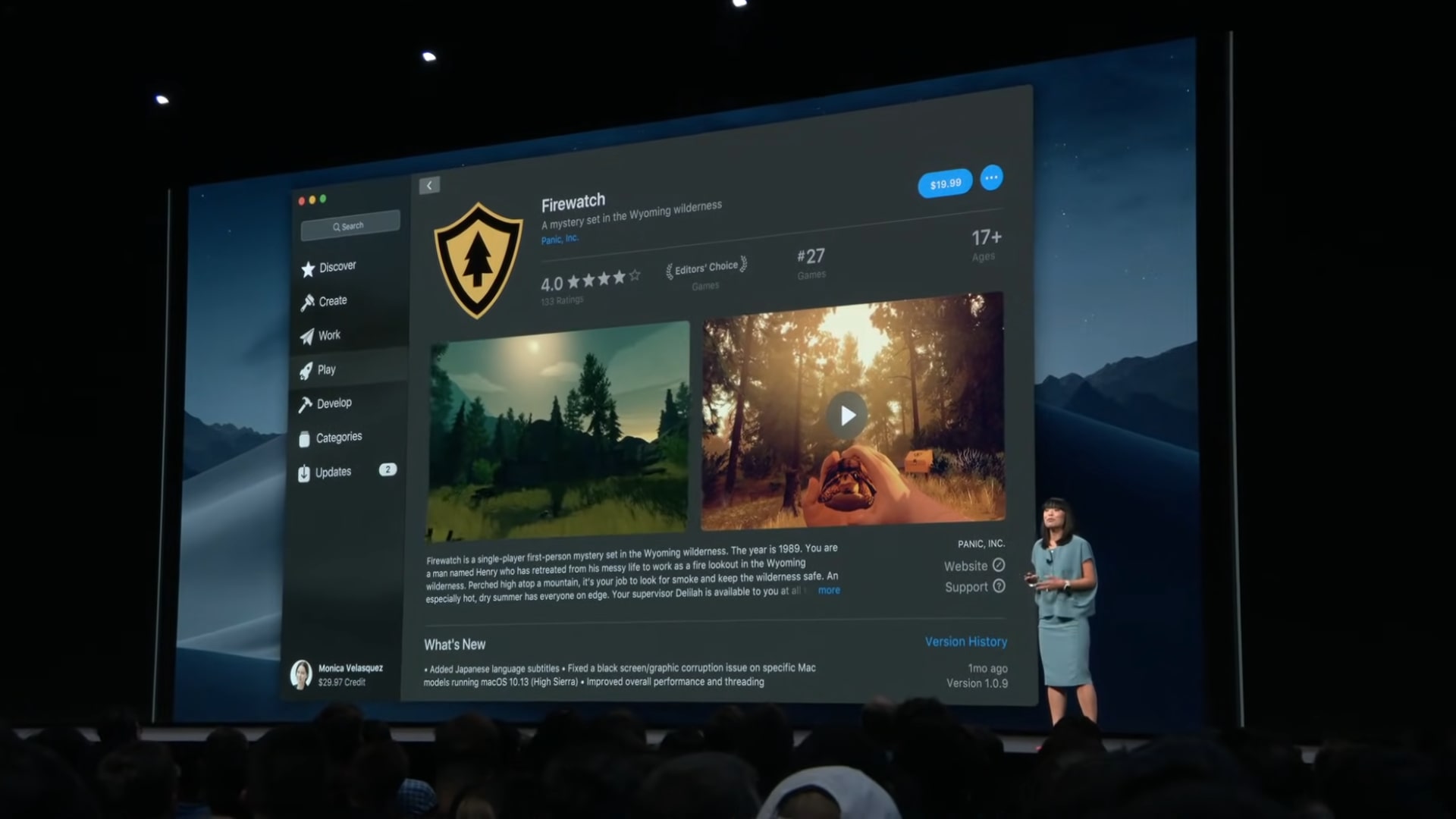Apple has been forced to change App Store purchases, but it's still found a way to win
The more things change, the more they stay the same

The long-simmering dispute over Apple’s App Store commissions and practices has just resulted in some pretty substantial alterations to the ways you’ll now be able to pay for apps. But in some respects, not a whole lot has changed – and you might not end up saving any money at all.
Recently, a judge dismissed any ongoing appeals in Apple’s legal case with Epic Games. The end result is that both sides have to comply with the original judgement, and that’s overturned a major App Store practice that caused a lot of contention among developers.
Previously, devs were forbidden from allowing users to sign up for in-app purchases (IAPs) on their own websites (or anywhere other than in the app itself). In fact, the developers weren’t even allowed to tell users that they could save money by paying elsewhere.
Now, as noted by Apple Insider, app creators can apply to Apple for an entitlement to include a link that goes to a payment portal on an external website they control. Apple must approve of the link, and it only applies to iPadOS or iOS apps in the US App Store.
In theory, those sound like pretty big changes, as previously you were forced to use Apple’s own IAP method for purchases. One of the complaints with this process was the 15-30% cut Apple charges to developers for in-app sales. If users no longer have to pay via IAPs, that means they can avoid higher prices prompted by these fees, right?
Well, not quite. The latest change actually makes very little difference to this situation – and the prices you pay are unlikely to drop any time soon.
High fees and hurdles

While developers can now direct users to pay using a system outside of Apple’s control, they still have to pay a sizable commission to Apple on these payments. One of the conditions of the link entitlement is that IAPs must remain as an option within the app. That means developers can’t prevent users from paying with a method that gives Apple a slice of the pie.
Sign up for breaking news, reviews, opinion, top tech deals, and more.
There’s another caveat. Even when a user pays via a link entitlement, Apple takes a commission of between 12% and 27% on the purchase. That’s slightly lower than the standard 30% and 15% rates, but not by much.
The only exception is if a user purchases something to be used in the app through a method that does not involve either the link entitlement or IAP. So, developers can make direct sales that were generated through online advertising or email marketing, for example, without paying a commission. In that case, we might pay a lower price for apps.
There are a lot of other hurdles for developers. While they can mention that an external payment method might be cheaper, they can’t actively discourage anyone from using Apple’s IAP method. The external link can only appear once in the app and cannot be displayed using a pop-up or modal window either.
There’s more. App developers cannot include their external link as part of Apple’s IAP process, and must also show a “system disclosure” sheet when a user selects the link that tells them they’re leaving the Apple ecosystem and are heading to an external website. External links can’t contain tracking measures and can’t open in an in-app browser. The App Store info page can’t mention the external payment method, and the linked website cannot mimic Apple’s IAP system, which Apple says is to minimize fraud and user confusion.
In other words, there are a lot of hoops for developers to jump through. Even if they manage that, the benefit to going external isn’t that great at all. While some developers had hoped that overcoming Apple’s IAP stranglehold would reduce the cut Apple took from their proceeds, the most likely outcome is that little will change in this way.
And with all these requirements, actually using the link entitlement method might be a hassle for users, too.
What’s Apple’s motivation?

Why is Apple insisting on taking a large commission, despite the unpopularity of this move? That’s simple: Apple views its commission as a fair compensation for the service it provides to both users and developers. That includes enabling developers to get their apps seen, the distribution of the apps, ensuring a secure environment for users to download and pay for apps, marketing, support, and more.
With these changes in effect, users might not save very much money since developers are being charged almost exactly the same rates by Apple, whether they use the IAP system or not. In fact, the user experience will probably be worse, since paying externally will involve more taps and might require additional account registrations.
Developers are likely to be frustrated with the way Apple has rolled out these changes, as it also means more work for them (to both implement external payment methods and to avoid falling foul of Apple’s rules) without much tangible benefit to their users.
Yet we probably shouldn’t be too surprised that it turned out this way. For one thing, Apple believes it has put a lot of work into its operating systems and App Stores, and that it should therefore be allowed to monetize those systems. For another, the judge in the Apple vs Epic trial clearly ruled that Apple’s charging of a commission was not a problem.
So don’t expect major changes to the way you pay for apps or their contents any time soon. Things might appear different on the surface, but underneath they’ll largely remain the same.
You might also like

Alex Blake has been fooling around with computers since the early 1990s, and since that time he's learned a thing or two about tech. No more than two things, though. That's all his brain can hold. As well as TechRadar, Alex writes for iMore, Digital Trends and Creative Bloq, among others. He was previously commissioning editor at MacFormat magazine. That means he mostly covers the world of Apple and its latest products, but also Windows, computer peripherals, mobile apps, and much more beyond. When not writing, you can find him hiking the English countryside and gaming on his PC.